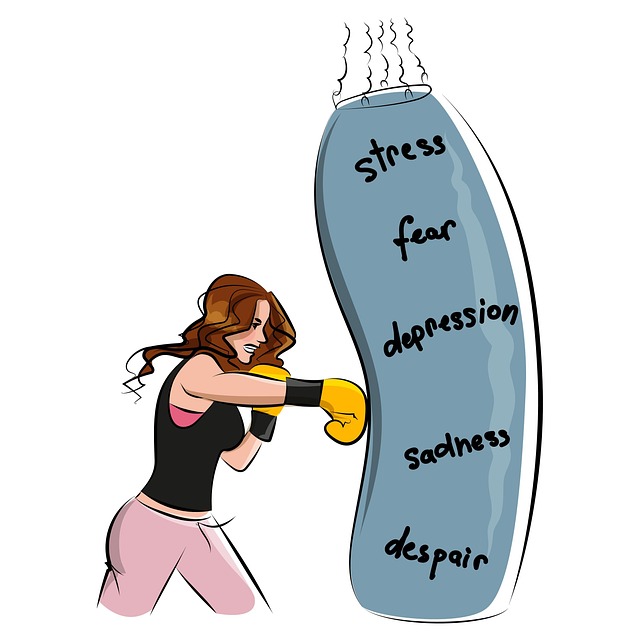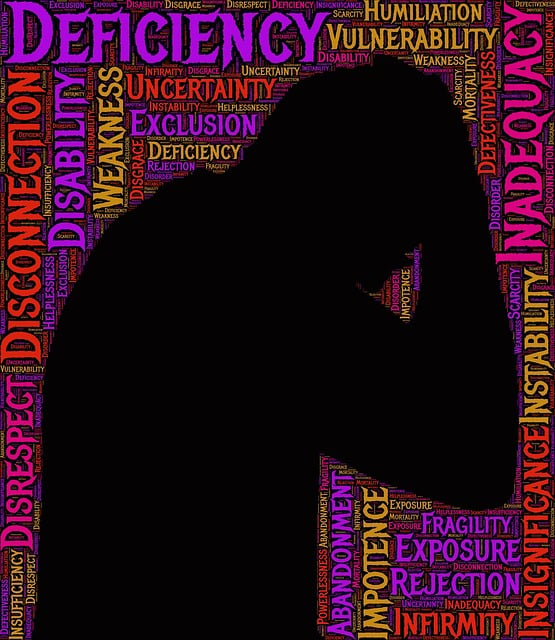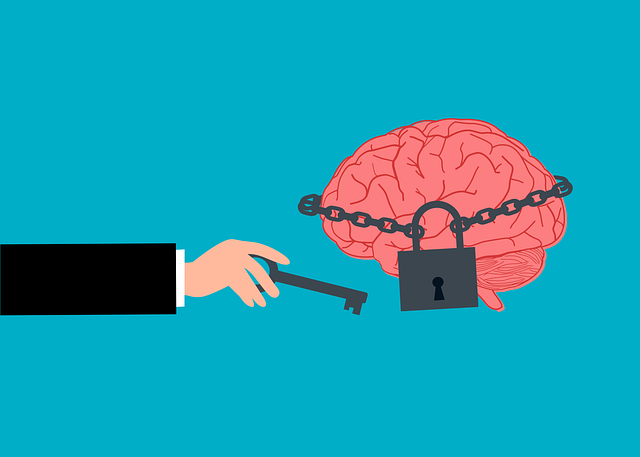Mental health diagnoses, especially complex cases like superior sexual addiction, require a nuanced approach. Healthcare professionals use standardized tools from diagnostic manuals to assess symptoms and their impact on daily life. Superior Sexual Addiction Therapy focuses on empowering individuals through self-care routines, evidence-based practices like CBT and mindfulness, and tailored counseling sessions. Building a robust support network involving therapists, counselors, and peer groups is crucial for effective recovery. Continuous care post-diagnosis, including mood management techniques and journaling, helps prevent relapses and enhance resilience.
Mental illness diagnosis and treatment navigation can be a complex, intimidating journey. This article guides you through this process, from understanding mental health diagnoses to post-diagnosis care. We explore the critical role of professional therapists in navigating treatment and highlight specialized approaches like Superior Sexual Addiction Therapy. Additionally, we offer strategies for creating supportive networks and continuous care plans to foster effective recovery.
- Understanding Mental Illness Diagnoses: Unraveling the Process
- The Role of Professional Therapists in Treatment Navigation
- Superior Sexual Addiction Therapy: A Specialized Approach
- Creating a Supportive Network for Effective Recovery
- Post-Diagnosis: Continuous Care and Relapse Prevention Strategies
Understanding Mental Illness Diagnoses: Unraveling the Process

Mental illness diagnoses are complex processes that require a deep understanding of symptoms, their impact on daily life, and the individual’s unique experiences. It often involves a comprehensive evaluation by qualified healthcare professionals who employ various assessment tools and criteria from reputable diagnostic manuals like the DSM-5 or ICD-11. One specific area that warrants attention is superior sexual addiction, where individuals experience an intense preoccupation with sexual thoughts or behaviors, impacting their daily functioning and relationships. Superior Sexual Addiction Therapy focuses on helping clients understand their condition, develop inner strength, and create a self-care routine to manage symptoms effectively.
The journey towards diagnosis involves several steps, including gathering medical history, conducting interviews, psychometric assessments, and sometimes, referral to specialist clinics or therapists specializing in specific mental health conditions. This process empowers individuals to recognize their struggles and take charge of their mental health. Additionally, it aids healthcare providers in formulating tailored treatment plans, ensuring a holistic approach that considers not just the illness but also the individual’s overall well-being, including burnout prevention strategies crucial for maintaining balance while navigating this journey.
The Role of Professional Therapists in Treatment Navigation

Professional therapists play a pivotal role in guiding individuals through the complex landscape of mental illness diagnosis and treatment navigation. They offer specialized knowledge and skills to help clients understand their conditions and develop effective coping strategies. Therapists employ various evidence-based practices, such as cognitive-behavioural therapy (CBT) and mindfulness techniques, to enhance emotional well-being promotion. Moreover, they provide a safe and non-judgmental space, fostering open communication and building trust, which is crucial for successful treatment outcomes.
In the context of addressing specific concerns like superior sexual addiction, therapists employ tailored approaches that consider individual needs and cultural backgrounds. Cultural sensitivity in mental healthcare practice ensures that treatments are inclusive and respectful. By combining advanced therapy techniques with a deep understanding of their clients’ lives, these professionals empower individuals to navigate challenges, regain control, and achieve long-lasting recovery, ultimately improving overall quality of life.
Superior Sexual Addiction Therapy: A Specialized Approach

Superior Sexual Addiction Therapy offers a specialized approach to addressing a unique aspect of mental health challenges. This therapy is tailored to individuals struggling with sexual addiction, providing them with targeted support and strategies for recovery. By focusing on this specific issue, it becomes possible to offer more effective treatment compared to general mental health interventions.
The program typically involves intensive counseling sessions that explore the underlying causes of sexual addiction, helping clients develop healthier coping mechanisms. It incorporates techniques to enhance self-care routines, stress management skills, and burnout prevention strategies. These elements are crucial in fostering better mental health and supporting long-term recovery.
Creating a Supportive Network for Effective Recovery

Building a robust support network is an integral part of navigating mental health journeys, especially when addressing complex issues like superior sexual addiction therapy. This network should encompass a diverse range of professionals and peers who can provide holistic guidance. Therapists, counselors, and medical practitioners play a crucial role in offering crisis intervention guidance tailored to the individual’s needs. They help develop strategies for managing symptoms and offer education on various aspects of mental health and recovery.
Peer support groups, where individuals share their experiences and learn from one another, can be incredibly beneficial. These groups facilitate the development of conflict resolution techniques, fostering an environment of understanding and empathy. Moreover, they provide a safe space to discuss challenges and celebrate successes in anxiety relief journeys. By combining professional expertise with peer support, individuals can navigate their recovery paths more effectively, ultimately enhancing their overall well-being.
Post-Diagnosis: Continuous Care and Relapse Prevention Strategies

After receiving a mental health diagnosis, continuous care is paramount for sustained recovery. This phase involves tailored strategies to manage symptoms and prevent relapses. One effective approach is incorporating mood management techniques into daily routines, such as mindfulness exercises or cognitive-behavioral therapy (CBT), which empower individuals to recognize early warning signs of potential setbacks.
Additionally, maintaining a mental wellness journal can serve as a powerful tool for self-reflection and tracking progress. Journaling exercises provide guidance in identifying triggers, recording feelings, and developing healthier coping mechanisms. Empathy building strategies, encouraged by superior sexual addiction therapy, play a crucial role in fostering support networks, enhancing understanding of one’s experiences, and nurturing resilience against future challenges.
Navigating mental illness diagnoses and treatment can be overwhelming, but with the right support, recovery is achievable. By understanding the diagnostic process, leveraging professional therapists, and adopting specialized approaches like Superior Sexual Addiction Therapy, individuals can embark on a path to healing. Building a supportive network and implementing continuous care strategies post-diagnosis further enhance the likelihood of lasting recovery. Remember that with dedication and the right tools, mental health challenges can be overcome, fostering a transformative journey towards a healthier, more fulfilling life.














